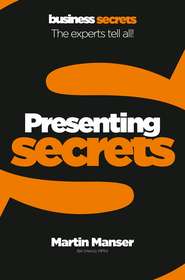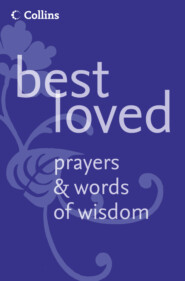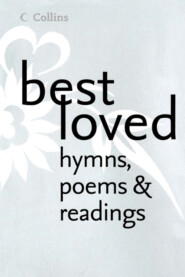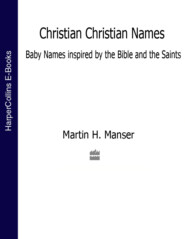По всем вопросам обращайтесь на: info@litportal.ru
(©) 2003-2024.
✖
Best Loved Christmas Carols, Readings and Poetry
Автор
Год написания книги
2018
Настройки чтения
Размер шрифта
Высота строк
Поля
Sir Roger de Coverley’s Christmas
Sitting under the mistletoe (#litres_trial_promo)
So he uttered his oracle (#litres_trial_promo)
Somehow not only for Christmas
Step softly, under snow or rain (#litres_trial_promo)
The sun of righteousness
Swords into ploughshares
Then his father Zechariah was filled with the Holy Spirit (#litres_trial_promo)
Therefore the Lord himself will give you a sign (#ulink_0ebf5ec4-646a-5de1-a2f6-b6eaf17e505b)
They heard the sound of the Lord God (#ulink_f629fed0-849b-596b-96e0-d6d90aa7c5c1)
Three damsels in the queen’s chamber
The three wise men
The time draws near the birth of Christ
To him was given dominion
Tomorrow shall be my dancing day
Torches
Torches, torches, run with torches (#litres_trial_promo)
‘Twas the night before Christmas, when all through the house (#litres_trial_promo)
The twelve days of Christmas
Unto us a boy is born
Unto us is born a Son
A Victorian Christmas
The Virgin Mary had a baby boy
The voice in the wilderness
Wassail! wassail all over town!
Watts’s cradle hymn
We declare to you what was from the beginning (#litres_trial_promo)
We three kings of Orient are
We want you to know, brothers and sisters, about the grace of God (#litres_trial_promo)
We wish you a merry Christmas
What child is this who, laid to rest (#litres_trial_promo)
What child is this?
What shall my true love (#ulink_4dae29d6-4051-5212-ac5e-b9ccbcc64fea)
When the fullness of time had come
While shepherds watched their flocks by night
White Christmas
The wise men
The Word of life
Zechariah and Elizabeth
Zechariah’s song of thanksgiving
Author Index
Bible References
Best-Loved Christmas Carols, Readings and Poetry
Adam and Eve in the garden (#ulink_5f149549-f5b6-5da2-9b17-26e8bc53f1f2)
This passage, from Genesis 3:8–15, 17–19, describes the result of humanity’s disobedience. When Adam and Eve ate the forbidden fruit, the outcome was separation from God. The birth of Christ, and his death on the cross, has made a new relationship with God possible. These verses make up the first lesson of the traditional Service of Nine Lessons and Carols, which is broadcast from King’s College, Cambridge each Christmas Eve.
They heard the sound of the LORD God (#ulink_8d63753d-2d99-5ce6-a90a-1f4b5afba6c5) walking in the garden at the time of the evening breeze, and the man and his wife hid themselves from the presence of the LORD God among the trees of the garden. But the LORD God called to the man, and said to him, ‘Where are you?’ He said, ‘I heard the sound of you in the garden, and I was afraid, because I was naked; and I hid myself.’ He said, ‘Who told you that you were naked? Have you eaten from the tree of which I commanded you not to eat?’ The man said, ‘The woman whom you gave to be with me, she gave me fruit from the tree, and I ate.’ Then the LORD God said to the woman, ‘What is this that you have done?’ The woman said, ‘The serpent tricked me, and I ate.’ The LORD God said to the serpent, ‘Because you have done this, cursed are you among all animals and among all wild creatures; upon your belly you shall go, and dust you shall eat all the days of your life. I will put enmity between you and the woman, and between your offspring and hers; he will strike your head, and you will strike his heel.’
And to the man he said, ‘Because you have listened to the voice of your wife, and have eaten of the tree about which I commanded “You shall not eat of it,” cursed is the ground because of you; in toil you shall eat of it all the days of your life; thorns and thistles it shall bring forth for you; and you shall eat the plants of the field. By the sweat of your face you shall eat bread until you return to the ground, for out of it you were taken; you are dust, and to dust you shall return.’
Adam lay ybounden (#ulink_b451a60b-3aa0-5752-8d38-54c12927392e)
This carol is a traditional choice for the Service of Nine Lessons and Carols at King’s College, Cambridge and was originally included as a memorial to one of the chapel’s directors of music, Boris Ord (1897–1961), who provided the musical setting. The carol remains Ord’s only published composition. The carol was first recorded in a fifteenth-century manuscript, which also produced ‘Lullay, my liking’.
Adam lay ybounden,












